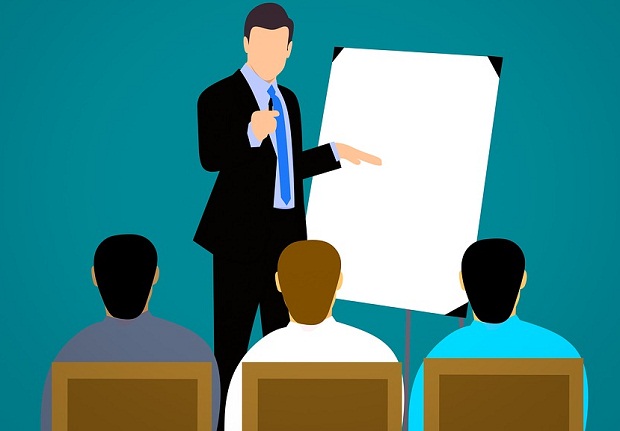The concept and definition of educational guidance and counseling
Counseling is defined as a series of direct contacts with an individual seeking help in order to explain his attitudes and behaviour. It is also defined as a service based primarily on helping the orthodox make decisions that depend on it in the future, and it is also known as a reciprocal human relationship between the mentor and the counsellor. their own socially.
As for educational guidance, it is a set of services that aim to help the student to understand himself and his problems, to exploit his own potential, to identify his abilities, skills, preparations and tendencies, and to benefit from the capabilities of his environment. The methods achieved are wisely and wisely, so that he is able to solve his problems, which leads to adaptation with himself and his society, so that he will reach the maximum growth and integration in his personality that can be achieved.
Accordingly, counseling is a preventive, developmental and curative process, which includes the following characteristics:
1. Counseling is an educational process that teaches the individual to face and solve his problems and focuses on changing behavior.
2. Counseling is a process of assistance, that is, it provides assistance from the mentor to the client.
3. The human relationship, meaning that the relationship between the mentor and the mentor is based on empathy in the guiding relationship
The tasks of the psychological counseling and educational guidance unit at the college level
Develop an annual counseling plan that extends throughout the academic year, commensurate with the needs of students in this field.
Working on the implementation of the guiding plan and evaluating it annually.
Carrying out the process of individual and collective counseling for students in order to provide assistance and solve the problems they face.
Carrying out the process of collective guidance in the classes to discuss with students issues of interest to them, the community or the college.
Conducting a professional and educational guidance process.
Holding seminars and workshops with preventive, curative or developmental goals through coordination with the Central Committee.
Preparing brochures on psychological, educational and behavioral issues.
Discussing and addressing some of the negative phenomena prevailing among students.
Benefiting from extracurricular activities as preventive and curative methods for the cases that the counselor deals with.
Holding instructive seminars for college professors on the importance of guidance and direction and how to deal with students in an educational manner.
Organizing the records of the indicative process and working according to it.
Carrying out research and survey studies to identify the psychological and educational problems that students suffer from.
Providing advice to the members of the Disciplinary Committee about the circumstances and the situation of the student referred to this committee, without the advisor attending the committee’s meetings or participating in taking the penalty.
Referring cases that exceed the limits of the guide's capabilities and competence to the competent authorities.
Guiding newly admitted students to know the nature and requirements of university life.
Maintain confidentiality of information.
Establishing friendly relations with students to increase confidence.
Working on diagnosing problems and coming up with the required and appropriate solutions, such as:
Psychological problems: represented by cases (introversion, shyness, low self-confidence...etc).
Educational problems: (poor academic level, studying and its rules, absences and their causes, the uniform and its impact on the student’s personality...etc).
Behavioral problems: (assault on students, theft, cheating in exams...etc).

